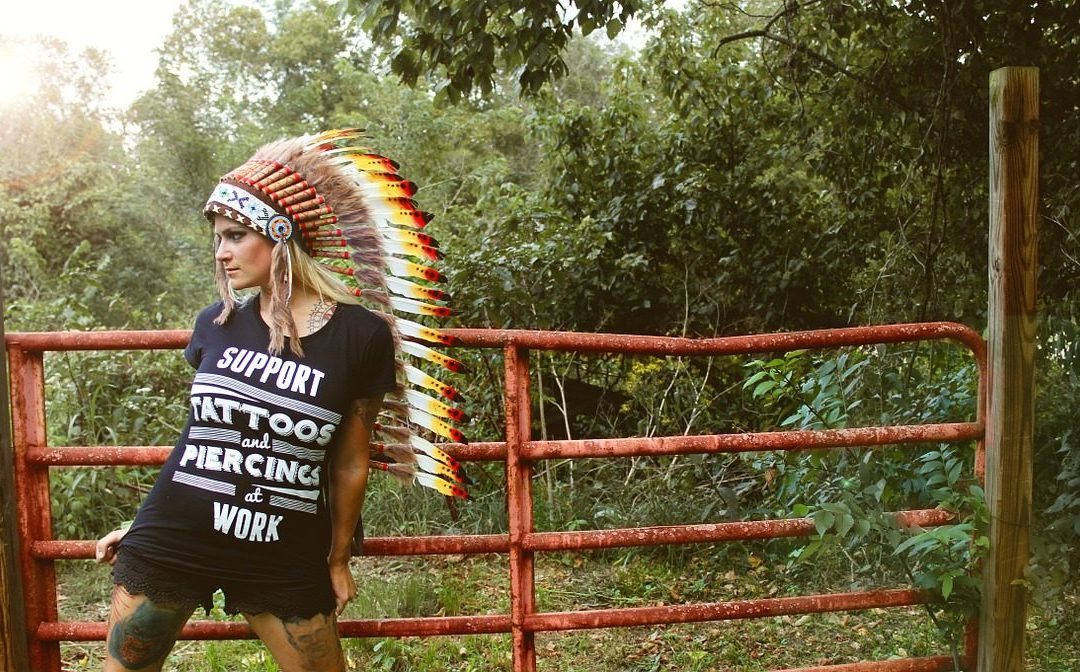“Once we have cast another group in the role of the enemy, we know that they are to be distrusted – that they are evil incarnate.
We then twist all their communications to fit our belief.”
Jerome D. Frank
I’m reading a book called Language in Thought in Action, by S.I. and Alan Hayakawa. In it, they discuss “two-valued orientation,” the notion that often we “tend to think in opposites, to feel that what is not good must be bad and that what is not bad must be good.” They give the examples of “good” or “bad” kings in history, or the “good guys” or “bad guys” in a western. Two-valued orientation is our
“…penchant to divide the world into two opposing forces…and deny the existence of any middle ground” (p. 113).
Since reading about this, I’ve noticed how much I do this. If someone is dressed in drapey clothes with long braided hair, I quickly and subconsciously assume they drive a Prius, are a yogi, and vote a certain way. If someone drives a truck with a gun rack I almost reflexively assume they wear Wranglers, love venison, and vote differently than Granola Lady. In fact, since reading about two-valued orientation, I’ve realized how black and white I am about many people and many things.

Colossians 3:12-13 says, “Therefore, as God’s chosen people, holy and dearly loved, clothe yourselves with compassion, kindness, humility, gentleness, and patience. Bear with each other and forgive whatever grievances you may have against one another. Forgive as the Lord forgave you.”
How do we do this? How do we put on the fruit of the Spirit? For years I thought being more compassionate, patient, and kind was about trying harder. I memorized Scripture, hung post-it’s around reminding myself to be nicer, and beat myself up when I failed. But behavior modification doesn’t lead to organic, lasting transformation.
If it did, Christ wouldn’t have had to die.
So what does help? One thing that’s working for me is practicing listening to myself. Until I hear what narrative is going on in my head, I won’t stop demonizing others and assigning lifestyles and voting preferences to them. If I don’t get in the habit of listening for my own subtle judgments, biases, and assumptions that I need forgiveness from, how will extend forgiveness to others? How do we move from being two-valued oriented thinkers to becoming multi-value oriented ones?
By constantly paying attention to what we are thinking.
With next week’s election, we need to think about how we think. We need to stop seeing people in either political party as all good or bad, all right or wrong, all for or against what we believe. In this upside down year of masks, riots, and so many opinions, may we practice listening to ourselves and deal with what we hear there, first. May we pay attention to and wrestle with our own penchant to divide, in order to clothe ourselves with what’s really needed for this incredibly difficult season…
“Compassion, kindness, humility, gentleness, and patience.”


